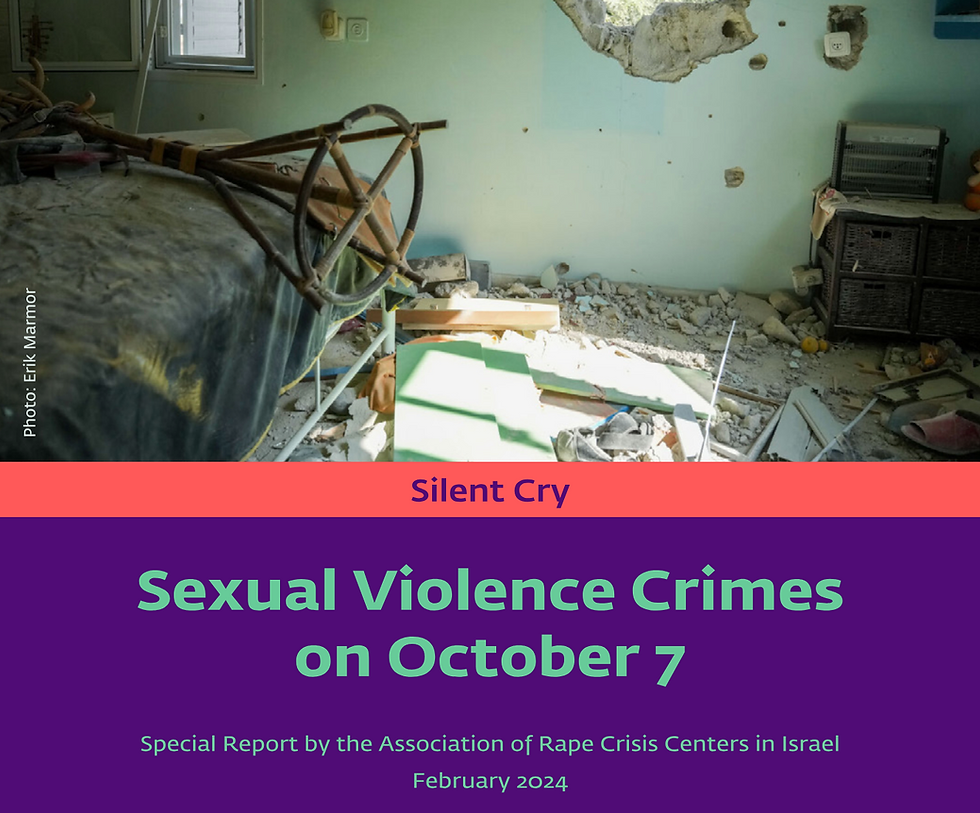35 Civilians Killed in Convoy Blast in Burkina Faso
- Sep 7, 2022
- 2 min read
Updated: Sep 7, 2022
Governor of the Sahel region in restive north says military-led convoy carrying supplies was hit by improvised explosive device.

Military personnel patrols an area in northern Burkina Faso. (AFP or licensors)
At least 35 civilians have been killed and 37 wounded when a convoy carrying supplies in Burkina Faso’s jihadist-hit north struck an improvised explosive device, the governor of the Sahel region has said.
The landlocked African state is in the grip of a seven-year insurgency that has claimed more than 2,000 lives and forced 1.9 million people to leave their homes.
Monday’s incident took place as the military-led convoy was supplying towns in the restive north on a road between Bourzanga to Djibo, according to a statement by Sahel region governor Rodolphe Sorgo.
“One of the vehicles carrying civilians hit an improvised explosive device. The provisional toll is 35 dead and 37 injured, all civilians,” it said.
“The escorts quickly secured the perimeter and took measures to help the victims,” the statement said, adding that the convoy had left the north for Burkina Faso’s capital, Ouagadougou.
A security source told AFP the supply convoy was “composed of civilians, drivers and traders”.
According to a resident of Djibo, “several dozen vehicles, including trucks and public transport buses” were hit.
“The victims are mainly traders who were going to buy supplies in Ouagadougou and students who were returning to the capital for the next school year,” the resident, who wished to remain anonymous, told AFP.
Jihadist groups have recently staged similar attacks on arterial roads leading to the main cities in the north – Dori and Djibo.
At the start of August, 15 soldiers died in the same area in a double IED blast.
Much of the fighting has been concentrated in the north and east, led by jihadists suspected to have links to al-Qaida or the Islamic State group.
With more than 40% of the country outside government control, Burkina’s ruling junta, which seized power in January, has declared the fight against the insurgency a priority.
On Sunday evening, in a speech to the nation from the town of Dori, junta chief Lieutenant-Colonel Paul-Henri Sandaogo Damiba welcomed a “relative calm” in several localities.
The government said it had intensified the army’s “offensive actions” and also initiated a dialogue with certain armed groups, through religious and local leaders.
According to Damiba, this process has enabled “several dozen young people” to lay down their arms.
However, there have been numerous attacks since the beginning of the year, such as June’s massacre in the north-western department of Seytenga, when 86 civilians were killed – one of the bloodiest of the long-running insurgency.
© 2022 The Guardian






